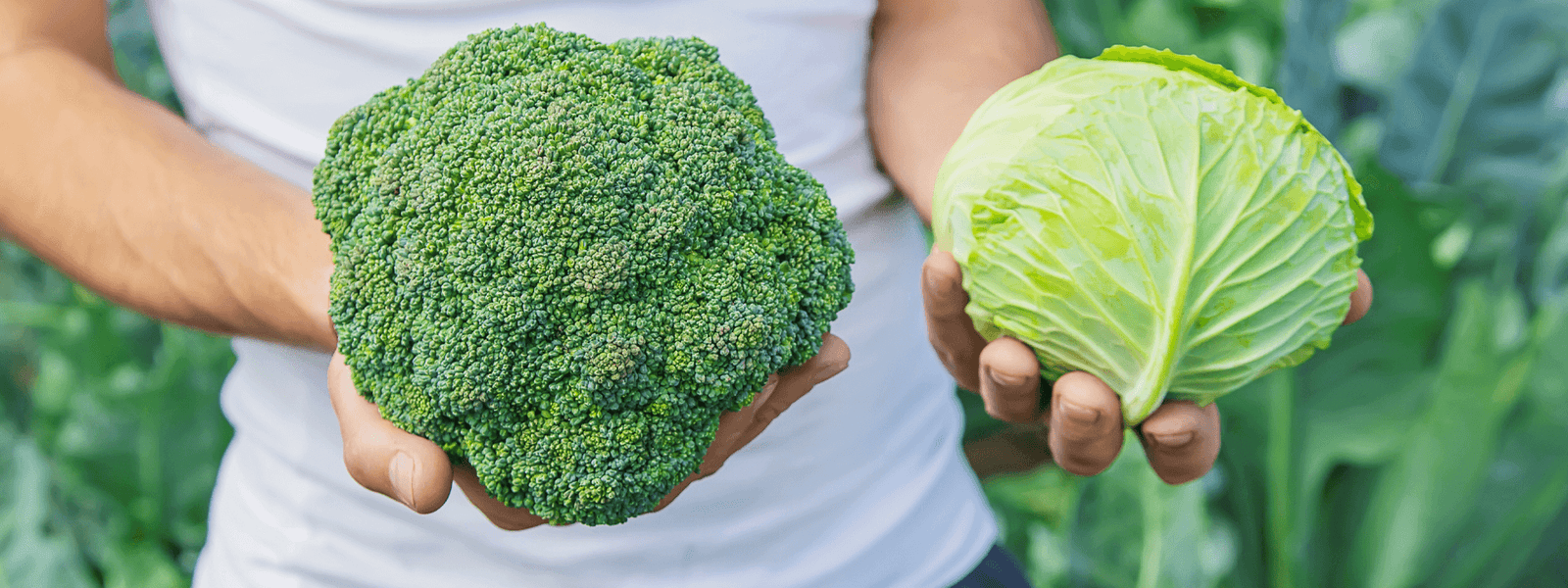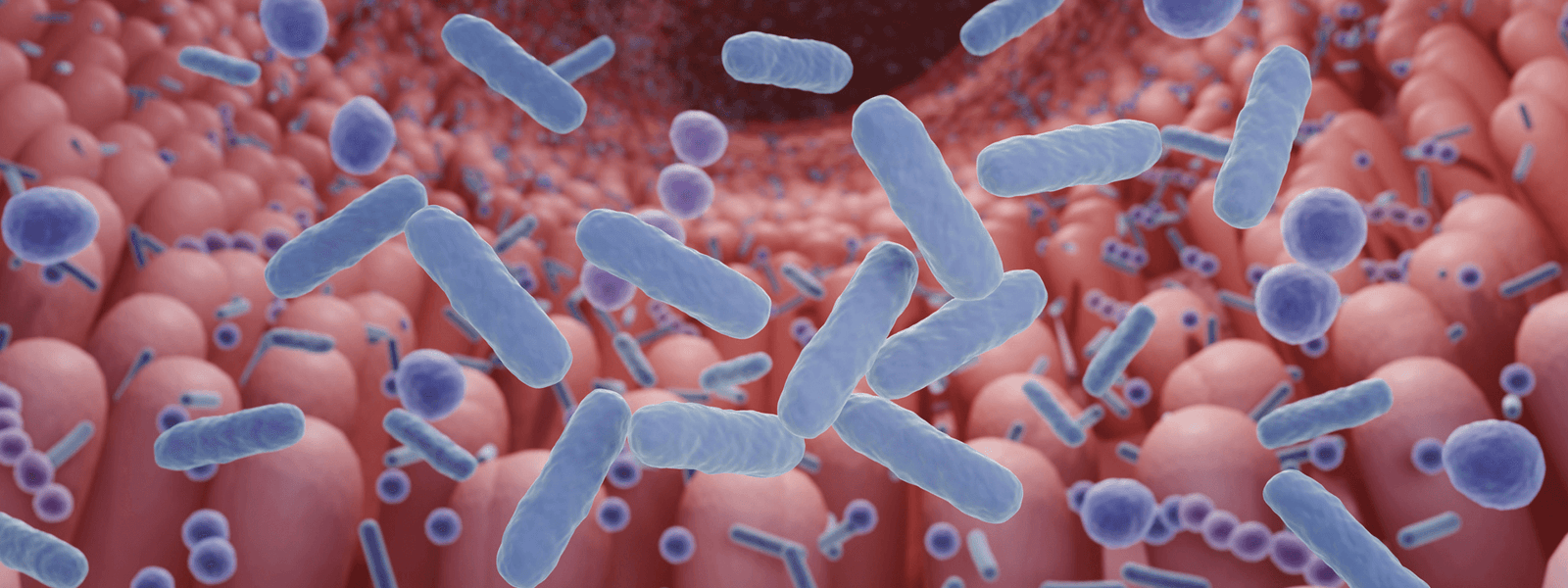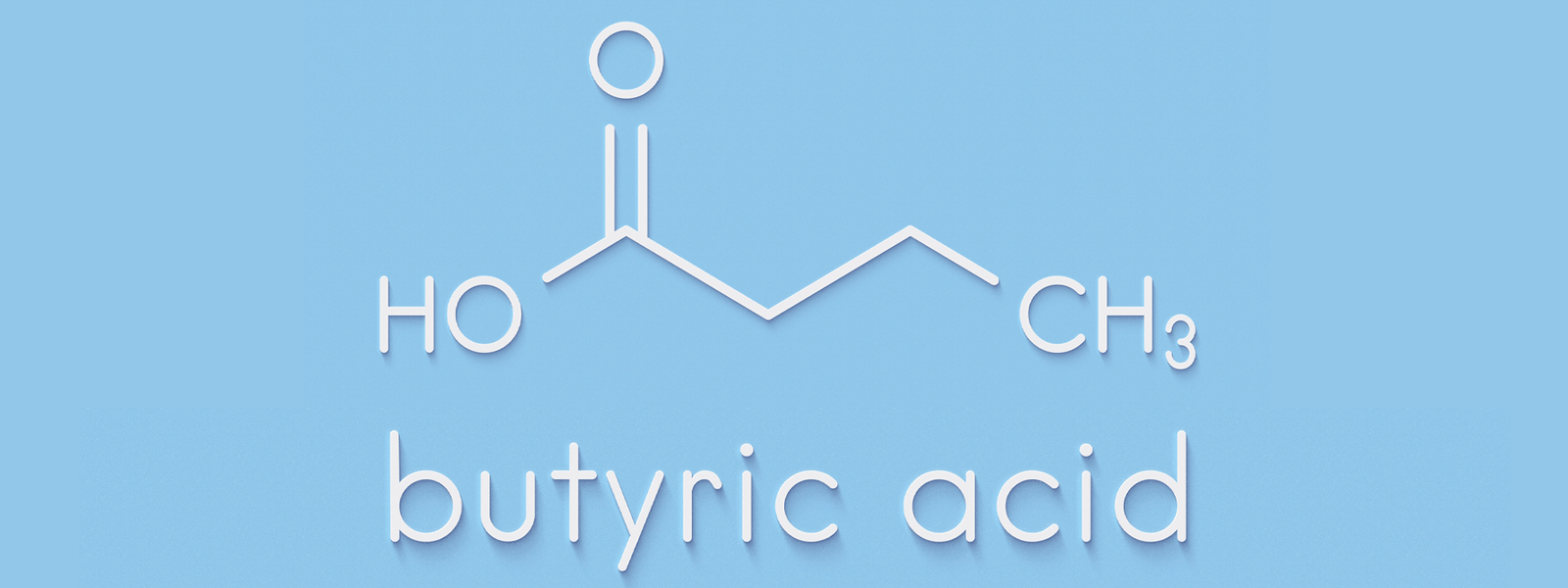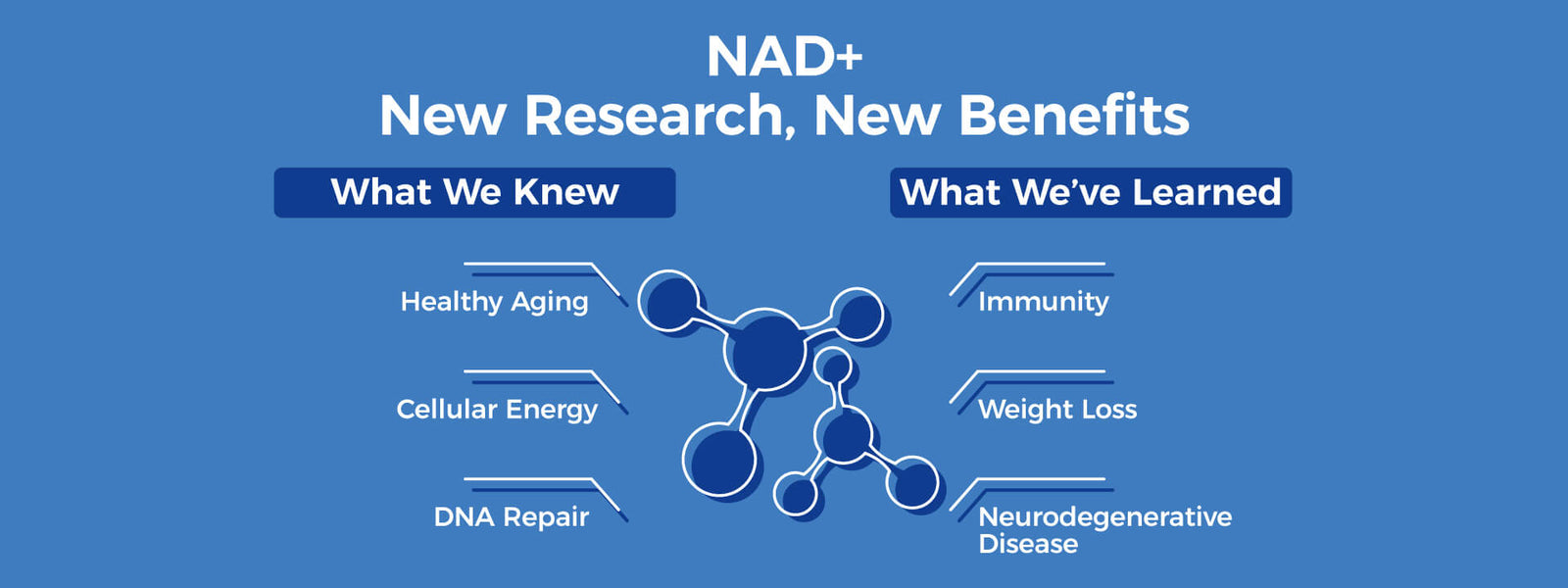For many of us convenience snacking is a ‘normal’ part of our busy lives. So grabbing a ‘natural’ and ‘healthy’ protein bar seems a sensible way of providing sustained nourishment and energy. Right?
Sadly not in most cases.
Many of these ‘healthy’ bars are in fact loaded with preservatives, artificial colours, flavourings sweeteners, unhealthy fats and genetically modified ingredients, especially soy protein. You may even see these listed on the labels, but not realise their dangerous implications. Let’s look closer at some of the worst ‘offenders’:
Soy protein (unfermented)
Soy protein is one of the most common ingredients in protein bars because it enables manufacturers to claim "high protein" on the label, and is very cheap.
However, did you know that soy protein is usually extracted from GMO soy using hexane, a toxic petroleum solvent similar to gasoline, and that the soy protein processing forms a toxin, lysinolalanine, and a carcinogen, nitrosamines?
The processing also results in free glutamic acid or MSG, a potent neurotoxin. Extra amounts of MSG are added to many soy foods to mask soy's unpleasant taste.
Soy protein also contains:
- High levels of phytic acid, which reduces assimilation of calcium, magnesium, copper, iron, and zinc, and is known to cause growth problems in children.
- Trypsin inhibitors which interfere with protein digestion and may cause pancreatic disorders.
- Phytoestrogens which disrupt endocrine function and maycause fertility problems and breast cancer.
- High aluminum levels which are toxic to your nervous system and kidneys.
As a result, vitamin D and B12 levels are depleted and thyroid function hindered.
As you can see, unfermented soy is certainly not the ‘healthy’ ingredient claimed! Conversely, organic fermented soy is known for its health benefits. So, if a protein bar contains it, that’s good news.
Sugars
Many sugars and sweeteners in protein bars masquerade as healthy…even though they raise your blood sugar levels. The most widely used include:
High Fructose Corn Syrup
Almost all protein bars have this toxic sweetener which is so damaging to your health
To summarise, HFCS:
- Is metabolized to fat (triglycerides and adipose tissue) in your body far more rapidly than any other sugar.
- Disturbs your body’s appetite regulators, and creates insulin resistance causing you to gain weight (as well as diabetes and cardiovascular diseases)
- Depletes vitamins and minerals
Avoid it!
Agave nectar
Agave nectar is labelled as a ‘natural’ sweetener by the FDA. This is very misleading because agave nectar is a highly processed very concentrated form of fructose, containing as much as 90% fructose – way more than HFCS’s 55% level. As concentrated fructose it’s metabolized directly by the liver and is linked to the same diseases as HFCS.
Evaporated cane juice
Although this sounds like a whole food, it is in fact a sugar with the same dangers as sugar. The advantage is that contrary to white sugar, evaporated cane juice should be processed so that vitamins, such as riboflavin and vitamin B, as well as amino acids and fibre are largely retained. \
This is more likely to happen if you chose an organic form. This site asks the good question: ‘is it really more healthy?’
Brown rice syrup
Like evaporated cane sugar, brown rice syrup has a ‘healthier’ sound. But beware!
IF you can find organic raw brown rice syrup you have a winner because it is fermented using active enzymes. These help to break down the complex carbohydrates to soluble carbohydrates, maltose and some glucose.
But not many manufacturers go to the considerable effort and expense of producing such a product. Rather they focus on commercial brown rice syrup which is produced more cheaply using GM enzymes and the potent neurotoxin MSG.
Fats
Most protein bars contain polyunsaturated fats or common vegetable oils such as corn, soy, safflower, sunflower and canola. These oils are highly susceptible to heat damage which destroys the antioxidants, oxidizing them. Oxidized oils cause far more damage than trans fats.
Corn, soy, and safflower oil contribute to the unhealthy overabundance of omega-6 fats in your diet, and the imbalance of the omega-6 to omega-3 ratio, and resulting ill health.
MSG
As mentioned, MSG is an excitatory toxin with disturbing side effects.
Most manufacturers are aware of this, yet they disguise the product by using other terms. See if you recognise them, and if so, avoid them! Barley malt, rice syrup, gelatine, corn syrup and corn syrup solids (unless stated as MSG-free,) carageenan, xanthin gum, citric acid (when processed from corn), malt extract, brown rice syrup, calcium caseinate, cornstarch, modified food starch, maltodextrin, isolates.
Now you know what to avoid in your protein bar, what makes a genuinely healthy bar?
Criteria for a Healthy Protein Bar
Look primarily for the right balance of nutrients. Most experts agree that the right ratio of macro nutrients is:
- 19-25% protein (18-20 grams per bar)
- Less than 5 grams of TOTAL healthy fats - lipolic acid, CLA (conjugated linoleic acid ) and MCTs
- Less than 4 grams of Total carbs (check if the bar serves 1 or 2 - some unscrupulous bar makers indicate fewer carbs and fat on the label by turning their single bar into 2 servings.)
- Less than 4 grams of unrefined organic sugar
- 5 grams + of fibre
There is considerable debate about the best form of protein in a protein bar. This ranges from organic nuts, seeds, brown rice, hemp, yellow peas to whey protein.
Some argue that whey protein containing IGF-1 (or "Insulin Growth Factor-1"), leads to the proliferation of cancerous cells.
Others claim that whey protein is the best form especially when it is:
- a concentrate, not isolate which is stripped from natural cofactors and hard to assimilate
- from grass fed, hormone free cows resulting in whey which has a good amino acid and immuno-supportive nutrient profile, and is rich in healthy fats – lipolic acid and CLA.
- Cold (not heat) processed to protect the nutrients in their natural state.
Ultimately, your taste buds will decide! But if you can combine that decision with the above guidelines, hopefully you can make an informed choice about your next truly ‘healthy’ protein bar!


 Supplements
Supplements Bundles
Bundles





















